E10 should be a top priority for the Government and should be mandated in the UK by 2020 at the latest, according to Nic Dakin MP, chair of the All Party Parliamentary Group (APPG) for British Bioethanol, which today published its Interim Report, ending the first part of its inquiry into ’Introducing E10 in the UK’ which launched in March.
"Our inquiry has heard there are in fact increasing numbers of petrol cars on UK roads, and these cars are getting bigger and increasingly less fuel efficient on average," said Dakin."With mass adoption of pure electric cars decades away and the decreasing popularity of diesel, increasing volumes of petrol are being sold.
"With an urgent need to address the causes of climate change, improve air quality and support job creation in emerging green industries, practical measures which make petrol cars cleaner and greener must be a top priority for the Government who must now work to mandate the introduction of E10 in the UK by 2020 at the latest."
E10 is a blend of fuel containing ten percent bioethanol already sold in many other developed countries including Germany, Belgium, France, Finland and the US.
The publication of the Interim Report follows a call for Written Evidence and two Oral Evidence sessions hosted in the Palace of Westminster, which heard from a range of senior stakeholders from farmers to fuel producers. The Inquiry comes ahead of an anticipated announcement later this year by the Department for Transport on E10.
The Interim Report contains 9 Interim Findings including:
1. The UK economy will likely soon lose its Bioethanol industry - worth £1 Billion.
2. Introducing E10 would save the equivalent emissions of taking up to 700,000 cars off the road.
3. Petrol fuel sales volumes in the UK are increasing due to the diminishing
popularity of diesel cars as well as a trend for bigger, less fuel efficient petrol cars like SUVs.
4. E10 could assist in addressing the UK’s serious air quality problems in short term.
5. If the British Bioethanol Industry is lost, the UK is unlikely to attract further international investment - including for the next generation of biofuels.
6. If the British Bioethanol Industry is lost, the UK will likely become dependent on
increasingly scarce and less sustainable biofuel from abroad including Used Cooking
Oil (UCO) from China.
7. If the British Bioethanol Industry is lost, British farmers will need to purchase an
increasing volume of animal feed from less sustainable sources.
8. Without E10 it is more likely that the UK will miss its fuels quality directive target and the “buy out” cost avoidance even with E10 is estimated at £100 million - perhaps over double without E10 - and these costs are likely to be passed on to motorists in fuel prices at the forecourt.
9. Achieving the same GHG emission reduction (i.e.700,000 cars off the road) that E10 would bring through electric vehicles would have a very significant cost, including a one-off grant charge of £2.45 billion to the Government and recurring annual cost of £350 million to replace the lost fuel duty revenue. This would be in additional to the investment required to ensure the Grid could supply sufficient green electricity and other infrastructure investments including charging points.


























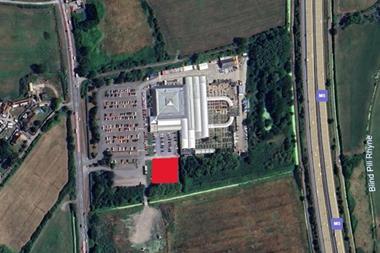


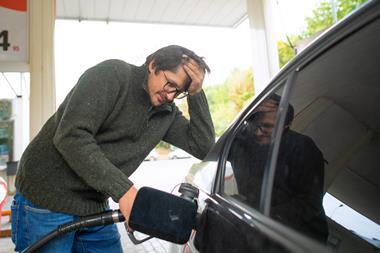
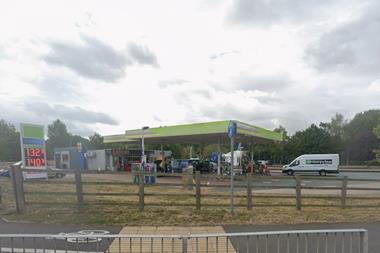
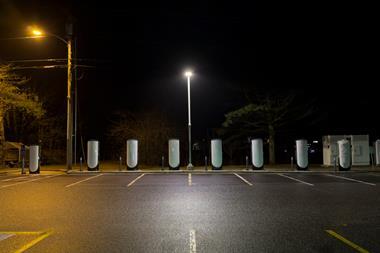
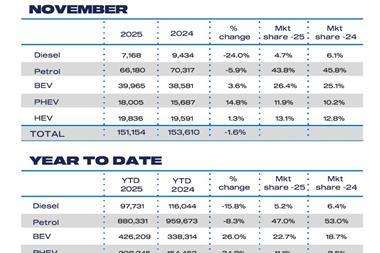
No comments yet